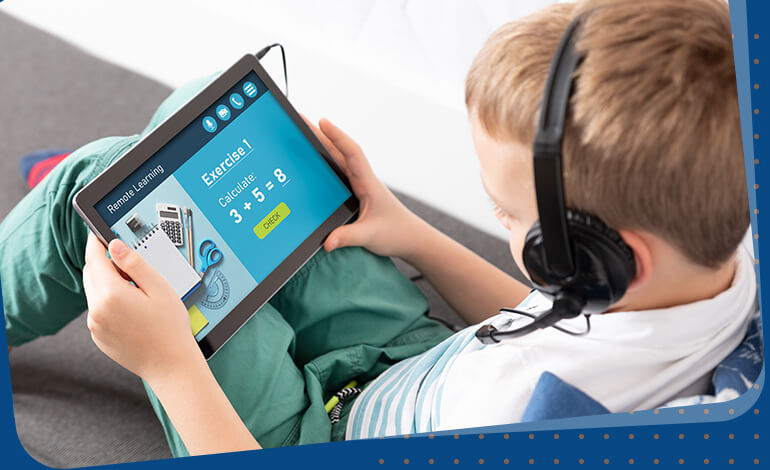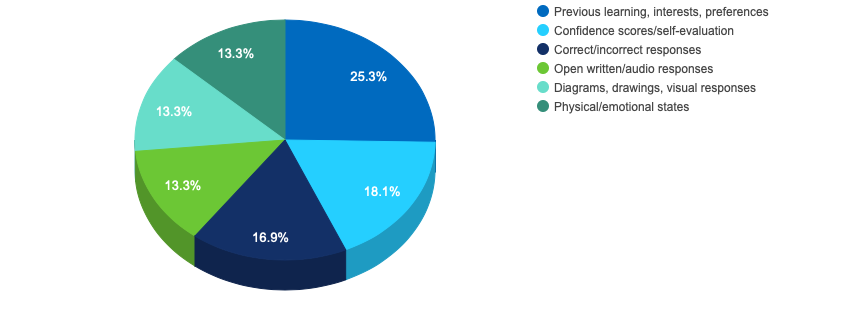Why Role Plays are the Best Bet for Effective Sales Training
“Knowing is not enough; we must apply. Wishing is not enough; we must do.”
– Johann Wolfgang Von Goethe
How right on point Von Goethe is. Selling has never been simple or straightforward. All the prospects have unique needs, personalities, buying motivations; which means no single sales script or strategy will work for all. So, no matter how many lessons or books a salesperson can cram, they can never learn the true skill, unless they practice in the field.
And that’s what makes sales training so hard to put into practice. But there’s a solution – role plays. Role-play training exercises have long been recognized as a powerful training tool in sales. Role plays are a proven way to boost the performance of sales teams by enhancing their confidence in new product features and benefits and how to handle objections in a safe environment.
When you give your new sales hires different role-playing scenarios, you’re helping them develop their conflict resolution skills, build empathy, handle rejections, and learn to perform under pressure. They also learn how to improvise under different scenarios.
Role play scenarios in sales
In the sales profession, there are broadly four main scenarios, or you can say, customers, a salesperson will encounter.
1. Complaining or argumentative customer
This is a must-have scenario in any of your role play training exercises. A customer can be angry for a host of reasons – unsatisfactory service, delay in refund, defective product, etc. And as a salesperson, you can’t escape such customers and will have to deal with them as no one wants unhappy customers. The role play exercises must involve a good amount of info about products as well as offers, campaigns in running, so the sales reps can counter customers’ arguments positively and effectively.
2. Undecided customer
Sometimes, even after giving it your best shot, few customers will always be undecided. The objections could be focused on features, service, or pricing. In some situations, the customer actually likes the product but is not in a position to authorize the purchase. Role play exercises in this scenario must be about how sales reps can do their homework right. You must discuss how your business is validating leads and how to properly categorize leads in their proper categories.
3. Nitty-gritty customer
This type of customer is detail-oriented and will do their own thorough research before making a purchase. Role play exercises to handle such customers must focus on specific questions that’d need further education. Such exercises would also help your reps deal with the unknown, and at the same time, you can assess your reps’ knowledge about the brand and its products.
4. Tech-savvy customer
Such customers are extremely tech-savvy and are one step ahead of the sales reps when it comes to products, features, and functionalities. You might think that you have covered all your bases about your business and that of the competitors. But there’ll always be one tiny detail that you’d miss out. Role play exercises for such customers would involve in-depth scenarios about the products, including even the tiniest, unnoticeable details. Such exercises would force your reps to think out of the box.
How to create effective role-playing scenarios?
Once you know the different types of customers you encounter in your business, you can chalk out a strategy to create effective role play scenarios that will help your sales teams to come out on top of their game.
Here are some tips that you can use to make the role plays effective:
- Use a script: It’s ok to let your sales teams use a script while hashing out exercises. It’d enhance their confidence levels and give them fair opportunities to succeed in a role. Once they are comfortable enough, they will switch to improvisation during the exercises.
- Rejection happens: It’s very important to help your sales reps understand that rejection is a part of the game and they must not take it personally. Ideate some scenarios with rejection to enable reps to handle it better. And share your stories with your team; it would humanize rejections.
- Take notes: The point of an effective role play scenario is to not interrupt your reps during the exercise. You must take notes and allow the reps to steer the conversation on their own. This helps them to think on their feet.
- Test listening skills: Listening is an extremely important skill every salesperson must-have. In the role play exercises, interject some false information about your products or services to test your reps’ listening skills. Their response can help you to coach them better.
- Negotiation scenarios: Most of the customers want a good bargain and will ask for it. Develop negotiation skills in your reps through role play scenarios by creating situations where buyers would deliberately ask for a lower price based on competitor pricing or budget. You can leverage artificial intelligence to evaluate such role plays because it identifies the number of filler words used, tone, and confidence, which are typically more difficult to provide feedback on without concrete data.
Role plays for effective sales training
Role plays encourage sales reps to think more critically about the products and services and to see situations from a different perspective. If done right, role plays can motivate reps in a fun and engaging way. But for that to happen, role plays should be content-focused, match the business objectives, and be relevant to real-world situations.
However, creating role plays for online sales training needs more than understanding real-life scenarios and business objectives. Especially if you are building more than one-off custom sales training module, you need templates to streamline the development process and create a consistent learning experience. Organizations widely deploy our interactive templates for role plays to create business simulations and branching scenarios really fast and affordable. They are customizable and can be used for any industry and audience.
We work through a compelling storytelling technique and use several motion graphics and talking head videos to make your role plays effective and boost engagement and performance. There is no need to provide boring digital catalogs or customary page-turner sales training courses when you can offer interactive role plays that can be accessed remotely across devices. Talk to us if you want to refresh your sales training program.
This article was first published on eLearning Industry.



